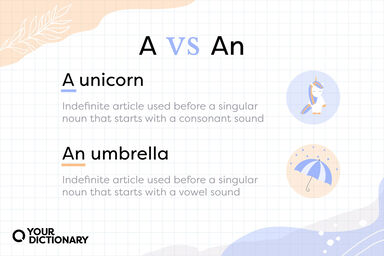Sound Definition
(UK, slang) Yes; used to show agreement or understanding, generally without much enthusiasm.
Idioms, Phrasal Verbs Related to Sound
Origin of Sound
-
From Middle English sound, sund, isund, ȝesund, from Old English sund, Ä¡esund (“sound, safe, whole, uninjured, healthy, prosperous"), from Proto-Germanic *gasundaz, *sundaz (“healthy"), from Proto-Indo-European *sunt-, *swent- (“vigorous, active, healthy"). Cognate with Scots sound, soun (“healthy, sound"), Saterland Frisian suund, gesuund (“healthy"), West Frisian sûn (“healthy"), Dutch gezond (“healthy, sound"), Low German sund, gesund (“healthy"), German gesund (“healthy, sound"), Danish sund (“healthy"), Swedish sund (“sound, healthy"), Irish fétaid (“to be able"). Related also to German geschwind (“fast, quick"), Old English swīþ (“strong, mighty, powerful, active, severe, violent"). See swith.
From Wiktionary
-
From Middle English sound, sund, from Old English sund (“the power, capacity, or act of swimming; swimming; sea; ocean; water; sound; strait; channel"), from Proto-Germanic *sundÄ… (“swimming; sound"), from Proto-Indo-European *swem- (“swimming; sea"). Cognate with Dutch sond (“sound; strait"), Danish sund (“sound; strait; channel"), Swedish sund (“sound; strait; channel"), Icelandic sund (“sound; strait; channel"). Related to swim.
From Wiktionary
-
Middle English sounden, from Old French sonder, from sonde (“sounding line") of Germanic origin, compare Old English sundgyrd (“a sounding rod"), sundline (“a sounding line"), Old English sund (“water", "sea"). More at Etymology 3 above
From Wiktionary
-
Noun: from Middle English sownde, alteration of sowne, from Anglo-Norman sun, soun, Old French son, from accusative of Latin sonus.
From Wiktionary
-
Verb: from Middle English sownden, sounen, from Anglo-Norman suner, Old French soner (modern sonner), from Latin sonare
From Wiktionary
Middle English sounden from Old French sonder from sonde sounding line probably of Germanic origin
From American Heritage Dictionary of the English Language, 5th Edition
-
Middle English soun from Old French son from Latin sonus swen- in Indo-European roots
From American Heritage Dictionary of the English Language, 5th Edition
Middle English from Old English sund swimming, sea
From American Heritage Dictionary of the English Language, 5th Edition
-
Old English sund, a swimming, akin to modern swim.
From Wiktionary
Middle English from Old English gesund
From American Heritage Dictionary of the English Language, 5th Edition
From the common noun sound (“strait, inlet").
From Wiktionary
The euphonic -d appears in the fifteenth century.
From Wiktionary
Find Similar Words
Find similar words to sound using the buttons below.





